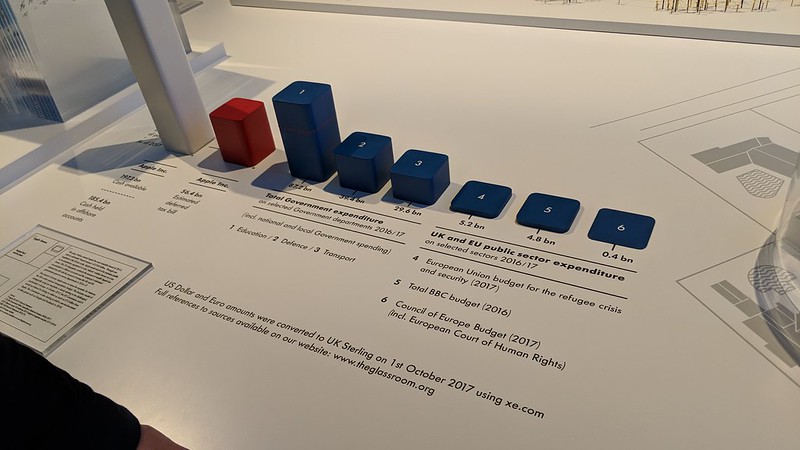I have a number of ways I could run the newsletter, from standard email lists like mailchimp, could use a microblog, I could use standardnotes listed, RSS to email, etc, etc. But for now I’ll add to my blog and tag them accordingly.
So with no further ado, heres the first of maybe many.
We live in incredible times with such possibilities that is clear. Although its easily dismissed by looking down at our feet or at the new Prime Minster. To quote Buckminster Fuller “You never change things by fighting the existing reality. To change something, build a new model that makes the existing model obsolete.”
You are seeing aspects of this happening with young people getting out and protesting.
With a focus on new models in business, technology, society, policy, processes, etc. I present the public service internet newsletter.
Beyond Black Mirror’s Nosedive, what is China’s Social Credit “System?”
Ian thinks: The Chinese social credit “system” is discussed everywhere especially when talking about the other end of the scale from surveillance capitalism. Republica’s panel discussion about its actual implementation today, debunking some myths and brought everything in sharper focus from a western view.
Into The Fediverse, with Sean Tilley (Steal this show s4e20)
Ian thinks: Jamie King’s podcast with episode with Sean Tilley of We Distribute (and formerly the Diaspora project) about the early days of Diaspora, a open source Facebook alternative which was even talked about by myself. The interview picks up a gear when talking about the Fedverse which is all the rage as a viable alternative for the next generation internet
How to “Defeat” Facebook
Ian thinks: Nice follow on from the interview with Sean Tilley, there is a very detailed document from Chris Hughes one of the founders of Facebook. About the advantages and disadvantages of Facebook as a social network. The document proposes how to “Defeat” Facebook with trust, transparency, controlling broadcasting, eliminating horrors, killing the real names policy, etc.
Privacy is dead?
Ian thinks: You hear it all the time, but this is a nice summary of a lot of the different aspects which leads to the conclusion that our traditional notion of privacy is dead or dying? The important part is the linked datasets and the consistent need to surveil for those companies business model rely on surveillance capitalism.
The hidden costs of automated thinking
Ian thinks: Jonathan Zittrain introduces the term “intellectual debt” to the table while thinking about the accountable of AI. Screams algorithmic literacy supported by more transparency, governance and accountability. Jonathan makes some good comparisons how we didn’t understand how Aspirin worked till 1995 but was commonly prescribed and used.
The far right is forking Mastodon and joining the fediverse
Ian thinks: When you open source anything, there is always the chance someone will do something with it you don’t like, want or could even be illegal.This is the latest example of how the spirit & diversity of open source is being tested. Mastodon’s federated model has ways to deal with this but its not foolproof and still not palatable for its creator and supporters.
A contract to guide the web
Ian thinks: Sir Tim Berners-Lee’s working draft document for the future web is open for review till September 8th. Is the aim is to have one shared contract for governments, companies and citizens realistic? I encourage all to complete the form to feed into the process
The Great Hack
Ian thinks: This well worth watching, as it nicely ties together all the disparate parts of the puzzle and asks critical questions of the big data rush.








